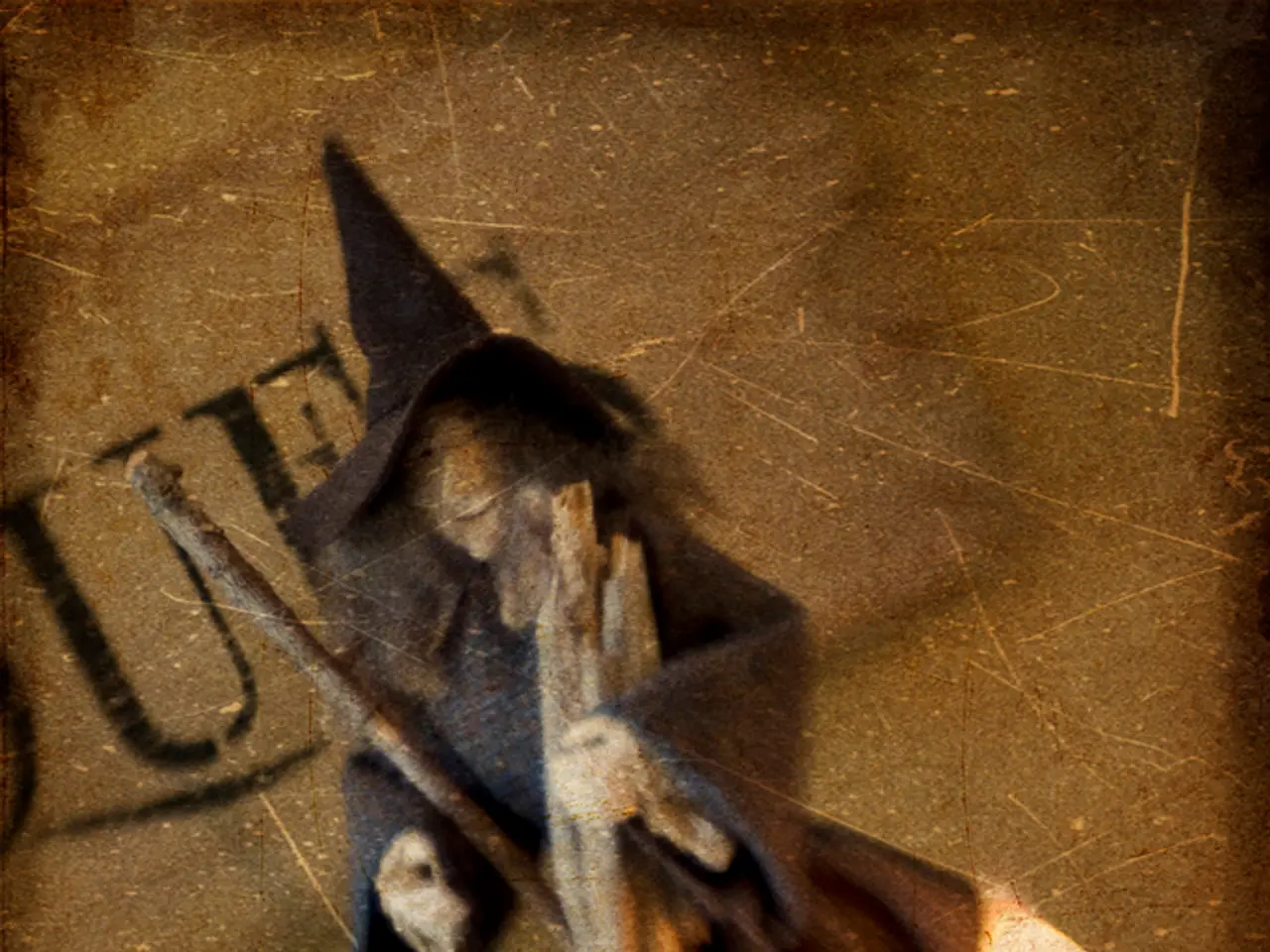Fear of Halloween
Samhainophobia, also known as a fear of Halloween, is a specific phobia that affects some individuals, causing fear and anxiety related to anything associated with the holiday. This condition is recognised in the Diagnostic and Statistical Manual of Mental Disorders (DSM-5-TR).
While stress is a reaction to an external situation, anxiety is a response to stress. If you have elevated levels of stress in your life, you may experience an anxiety disorder as a result. Samhainophobia or other anxiety disorders can be influenced by life stress or uncertainty, lower educational attainment, and previous traumatic experiences.
The fear and anxiety from a specific phobia like samhainophobia are much higher than the chance of possible harm from the object or situation. For instance, if samhainophobia causes a panic attack, you may experience symptoms like dizziness or light-headedness, nausea, abdominal pain, chest pain, numbness, detachment, hot flashes or chills, shortness of breath, a sensation of choking, feeling out of control, and afraid of dying. Cognitive symptoms might activate your sympathetic nervous system, leading to physical signs like a racing heart, increased respiration, perspiration, muscle tension, and trembling.
If you live with samhainophobia, you might avoid all Halloween activities and try to escape from an activity that you participate in, such as leaving a Halloween party. Behavioral signs of samhainophobia also include trying to avoid Halloween decorations, costumes, and even the colour orange.
The brain region called the amygdala, which processes emotions like fear, might be more easily activated by phobia triggers if a person's brain circuitry has a lower fear excitability threshold. A deficiency in habituation, the process of a person's amygdala activating less frequently when repeatedly exposed without harm to something fearful, may allow a phobia to persist.
Fortunately, there are treatments available for anxiety disorders like specific phobia. Psychotherapy and exposure therapy are potential treatments. Exposure therapy, in particular, involves gradually exposing the individual to the feared object or situation, with the help of an experienced professional, to help reduce the fear.
The APA offers several suggestions for managing anxiety disorders like specific phobia, including stress reduction techniques, joining support groups, learning about the phobia, reducing stimulant use, and consulting a doctor about medication. It's essential to seek help if you believe you may have samhainophobia, as the condition can significantly impact your quality of life.
It's estimated that around 30% of adults experience some type of anxiety disorder at some point in their life, and around US adults experience specific phobia at some point during their lives. If you find yourself avoiding Halloween activities due to fear or anxiety, it might be worth exploring treatment options to help manage your symptoms and enjoy the holiday more fully.
Read also:
- Nightly sweat episodes linked to GERD: Crucial insights explained
- Antitussives: List of Examples, Functions, Adverse Reactions, and Additional Details
- Asthma Diagnosis: Exploring FeNO Tests and Related Treatments
- Unfortunate Financial Disarray for a Family from California After an Expensive Emergency Room Visit with Their Burned Infant








